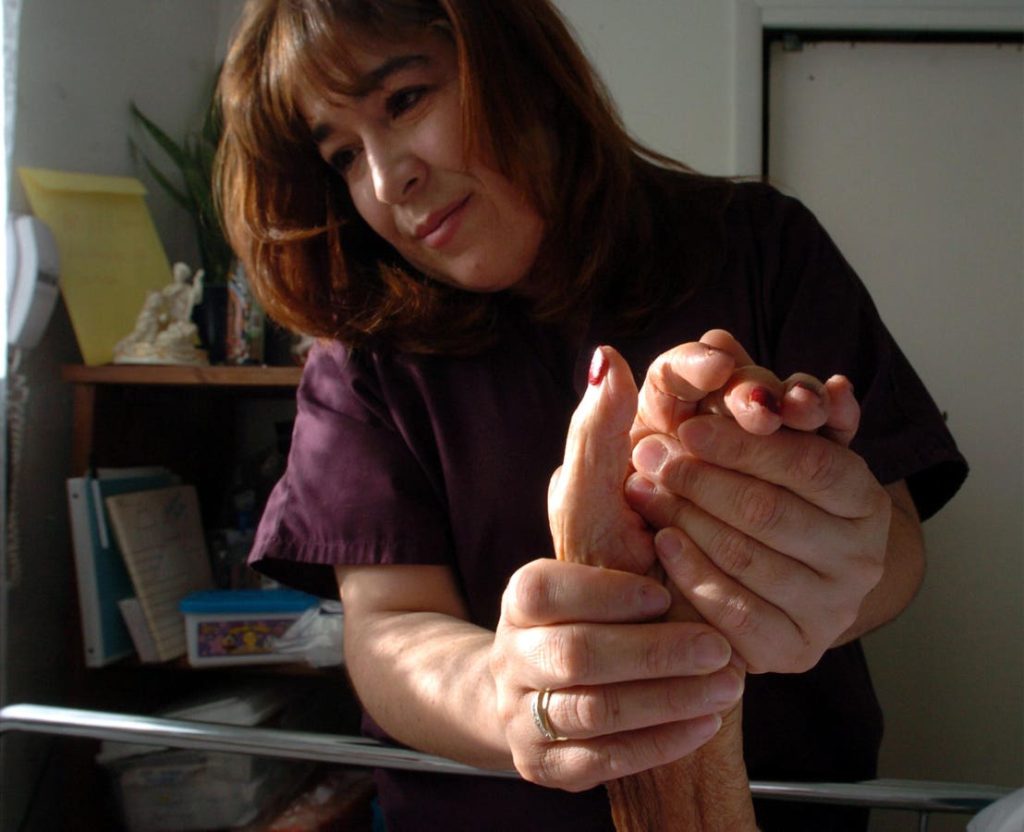The Unsung Heroines of Eldercare: Latina Direct Healthcare Workers Face a Growing Crisis
The global population is aging rapidly, with projections indicating that one in six people worldwide will be 60 or older within the next five years. This demographic shift presents both challenges and opportunities, particularly in developed nations like the United States, where nearly 10 million older adults require assistance with daily activities. Amidst this growing need, a dedicated workforce of direct healthcare providers has emerged, providing essential care and companionship to aging Americans. However, a significant portion of these caregivers, disproportionately Latina women, face a persistent struggle with low wages and economic insecurity, despite the increasing demand for their services. This disparity highlights a critical issue within the healthcare system: the undervaluing of essential workers, particularly women of color, who form the backbone of eldercare in the United States.
Latinas represent a substantial and growing segment of the direct healthcare workforce. While comprising approximately 8% of the overall U.S. labor force, they account for nearly 25% of home health aides. This statistic underscores the vital role Latinas play in providing care for the elderly, often filling a gap left by family members unable to provide full-time support. Driven by cultural values that emphasize respect for elders and a commitment to caring for those in need, many Latinas find deep personal fulfillment in this work, viewing it as a calling rather than simply a job. However, this sense of purpose often comes at a steep price, as the low wages and demanding nature of direct healthcare work create significant financial strain for these essential workers.
The demand for direct healthcare workers continues to surge, outpacing supply in a trend expected to intensify in the coming years. Basic economic principles suggest that this increased demand should drive up wages, offering workers a chance to improve their economic standing. However, this has not been the case for direct healthcare providers, particularly Latinas. While the overall median wage for this sector hovers around $11.35 per hour, Latinas in home healthcare experience significantly higher poverty rates compared to their white counterparts – a stark 22% compared to approximately 16%. This wage stagnation perpetuates a cycle of economic vulnerability, hindering these workers from accumulating savings, investing in their futures, and ultimately, closing the persistent Latino wealth gap.
This economic precarity stands in stark contrast to the immense value these workers provide. They not only assist with essential physical needs but also address the pervasive issue of loneliness and isolation among older adults. Their work goes beyond mere tasks, encompassing emotional support, companionship, and a genuine concern for the well-being of those in their care. Interviews with Latina direct healthcare workers reveal a deep sense of connection with their patients, often describing them as extended family. They express pride in their work and a commitment to upholding cultural values of respect and care for the elderly. However, these sentiments are often intertwined with the harsh realities of financial struggle, highlighting the inherent conflict between the intrinsic rewards of the job and the extrinsic challenges of earning a living wage.
The reasons for this persistent wage disparity are complex and multifaceted. Factors such as the lack of unionization within the sector, limited access to benefits, and constrained career mobility opportunities all contribute to the suppression of wages. Furthermore, societal undervaluing of "care work," traditionally viewed as "women’s work," plays a significant role. This devaluation is exacerbated by the predominantly female and minority demographic of direct healthcare workers, perpetuating systemic inequities. This undervaluing persists despite the critical importance of these services, which enable older adults to age in place, maintain their independence, and avoid costly institutional care.
Addressing this crisis requires a multi-pronged approach. Advocacy groups, such as the Paraprofessional Healthcare Institute (PHI), are pushing for policy changes that would empower direct healthcare workers. These include promoting unionization, ensuring access to comprehensive benefit packages, and creating pathways for career advancement. These initiatives aim to not only improve the working conditions and wages of individual workers but also to elevate the status of direct care work as a profession. Such systemic changes are essential to ensure a sustainable and equitable future for eldercare in the United States. Increased wages would not only alleviate the financial burdens faced by these essential workers, primarily women, but would also attract more individuals to the field, addressing the growing demand for these vital services. For Latinas, in particular, higher wages offer a path towards greater economic security, empowering them to save, invest, and begin to bridge the persistent wealth gap. It’s a matter of recognizing and valuing the essential contributions of these unsung heroines of eldercare.


